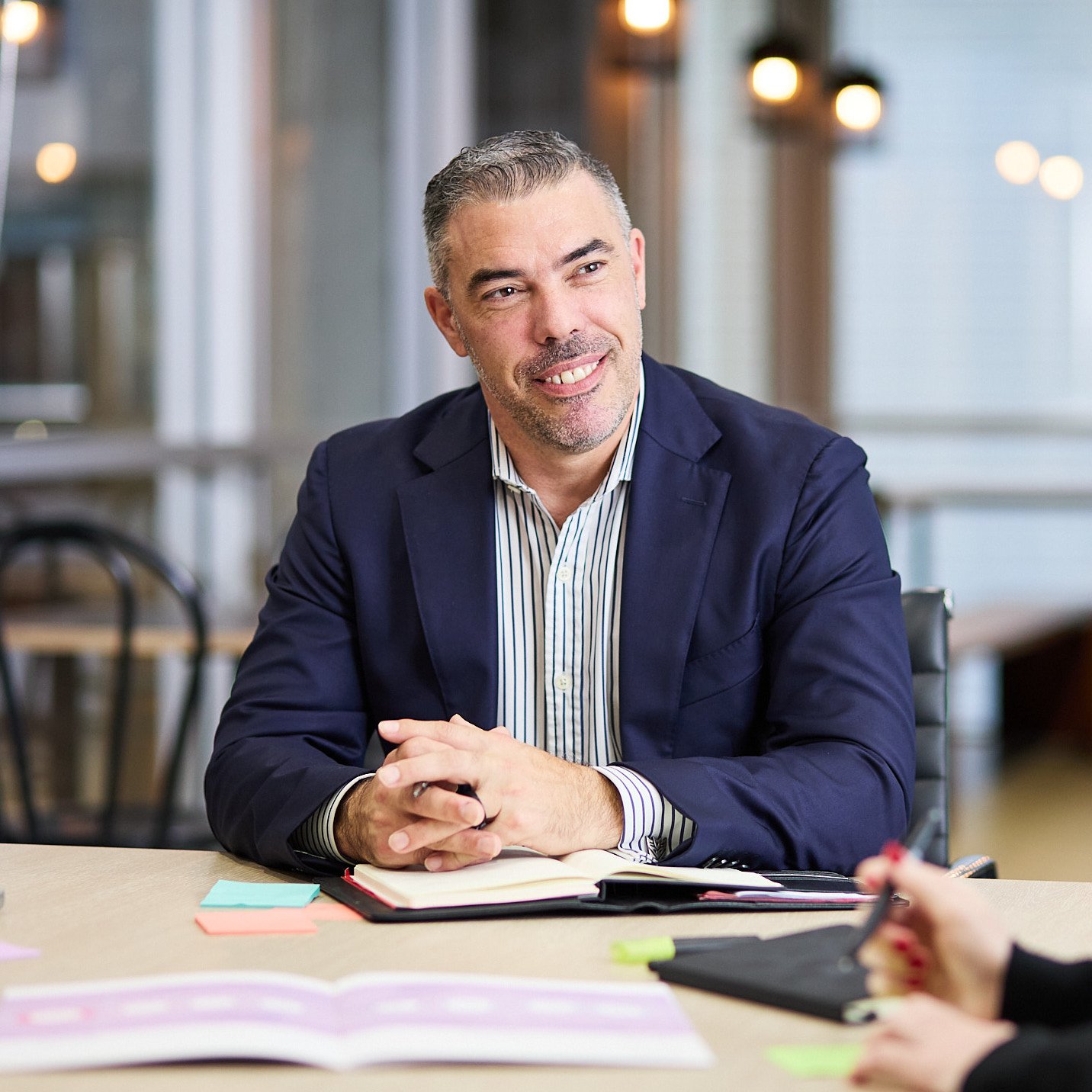

Conversations about managing psychosocial hazards in the workplace are growing more common, especially as new regulations raise the stakes. But perhaps we need to reframe the discussion: instead of focusing solely on preventing harm, shouldn’t we also ask how we can create conditions that support ongoing mental wellbeing?
The 2023 amendments to Australia’s Work Health and Safety regulations have made it clear that organisations need to take psychosocial risks as seriously as physical hazards. These risks include job demands, working conditions, and the quality of workplace relationships. If left unmanaged, they can lead to stress, burnout, and even legal action.
But there’s a broader opportunity here. Rather than just mitigating these hazards, leaders should ask: how can we proactively foster a mentally healthy environment that benefits both employees and the business?
At Escient, we believe this proactive approach is essential. By designing workplaces that prioritise mental health, we don’t just reduce risk—we create environments where employees thrive, and organisations can achieve their goals.
Our experts from different disciplines are already working with organisations to create mentally healthy workplaces that address key psychosocial risks. Here’s how they see it.
Change management
Poorly managed organisational change is a major psychosocial risk, but when done well, change management can be a tool for promoting mental health.
“Good change management means employees are effectively consulted and engaged about what needs to be done differently and why. This creates trust and opens up space for teams to be active participants in creating and taking up change, fostering empowered, healthier work environments. We often focus on getting the outcomes as quickly as possible, but when we look for opportunities to empower people during times of change, the impact is huge and benefits everyone in the long run.”
— Cassandra Gordon, Director NSW


Organisational design
When employees feel a lack of control over their roles, their mental health can suffer. Organisational design helps align job roles with company objectives and provides clarity.
“We understand that digital transformation in particular can sometimes feel like it erodes job purpose. However, when organisational design supports job clarity and performance structures, we can restore that crucial sense of purpose, leading to more meaningful work and a better employee experience.”
— Anna Jones, Director QLD
Transformation leadership
Leaders are often under immense pressure, which can be a psychosocial risk in itself. Ensuring leaders have the right support is crucial.
“High-pressure commitments can make it difficult for leaders to navigate effectively. By stress-testing strategies and uncovering hidden risks, we help leaders create cultures and behaviours that enable open dialogue and enable effective challenge to the status quo—this surfaces risks and alternatives earlier, and is essential for both delivering high performance transformation outcomes and long term organisational wellbeing.”
— Brad Kerwin, Director QLD

At Escient, we believe that organisations need more than just compliance strategies—they need to cultivate environments that support mental wellbeing from the ground up. That’s why we partner with the Black Dog Institute, whose research and guidance is helping to shape better mental health outcomes in the workplace.
We encourage you to review ‘A Mentally Healthy Framework to Guide Employers and Policymakers’ co-authored by Black Dog Institute researchers with others, for more insights on how to support mentally healthy workplaces.